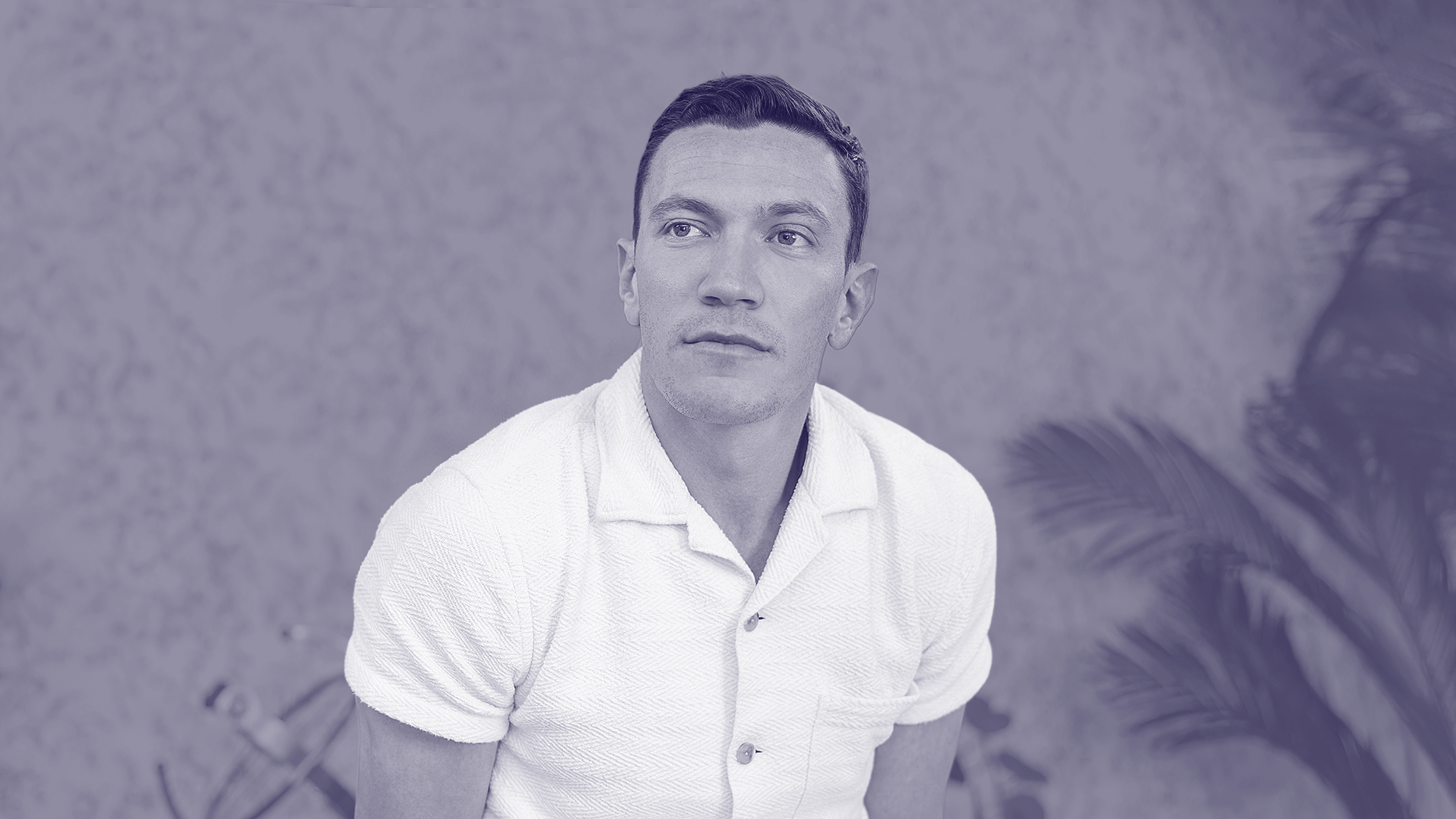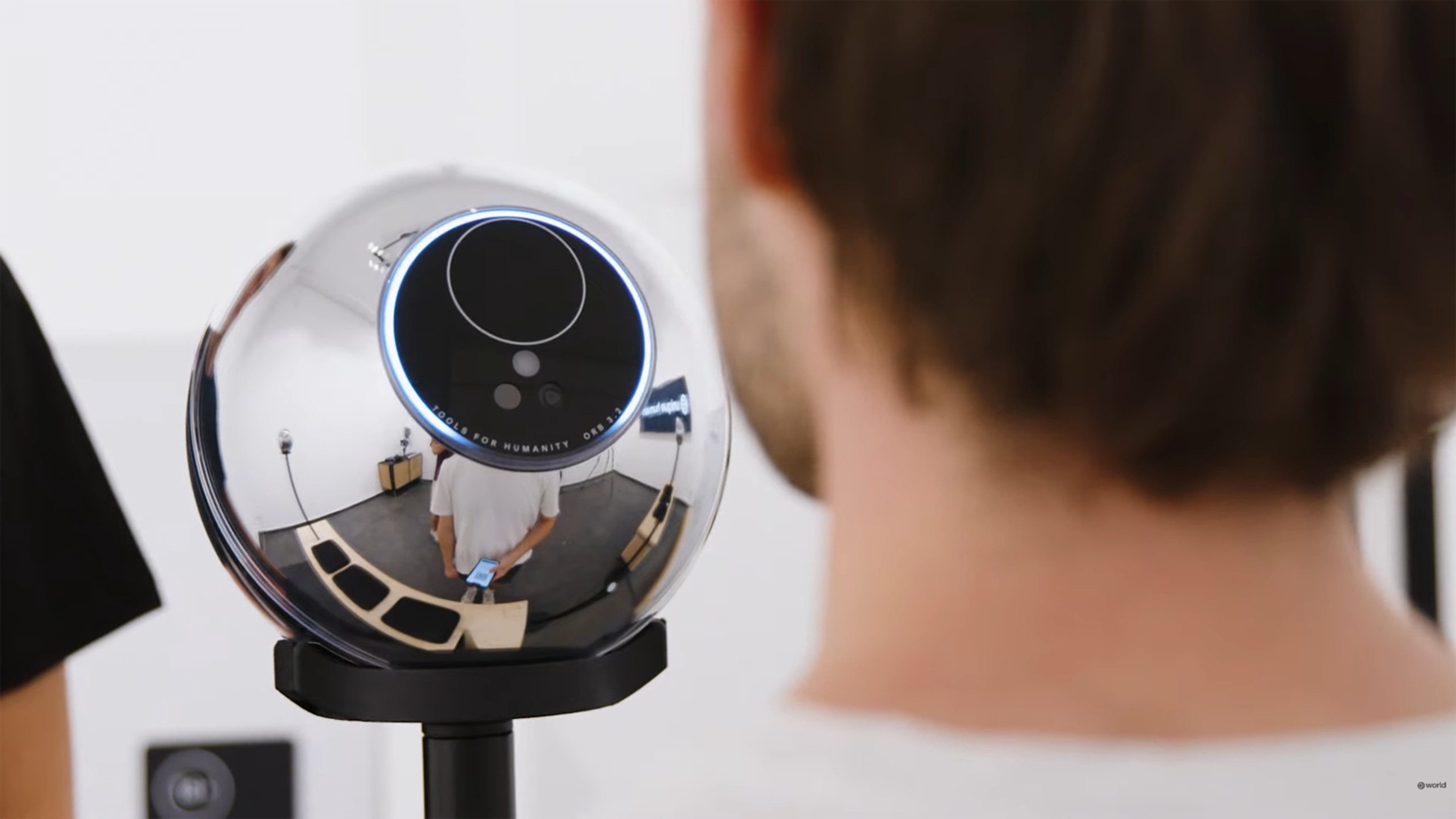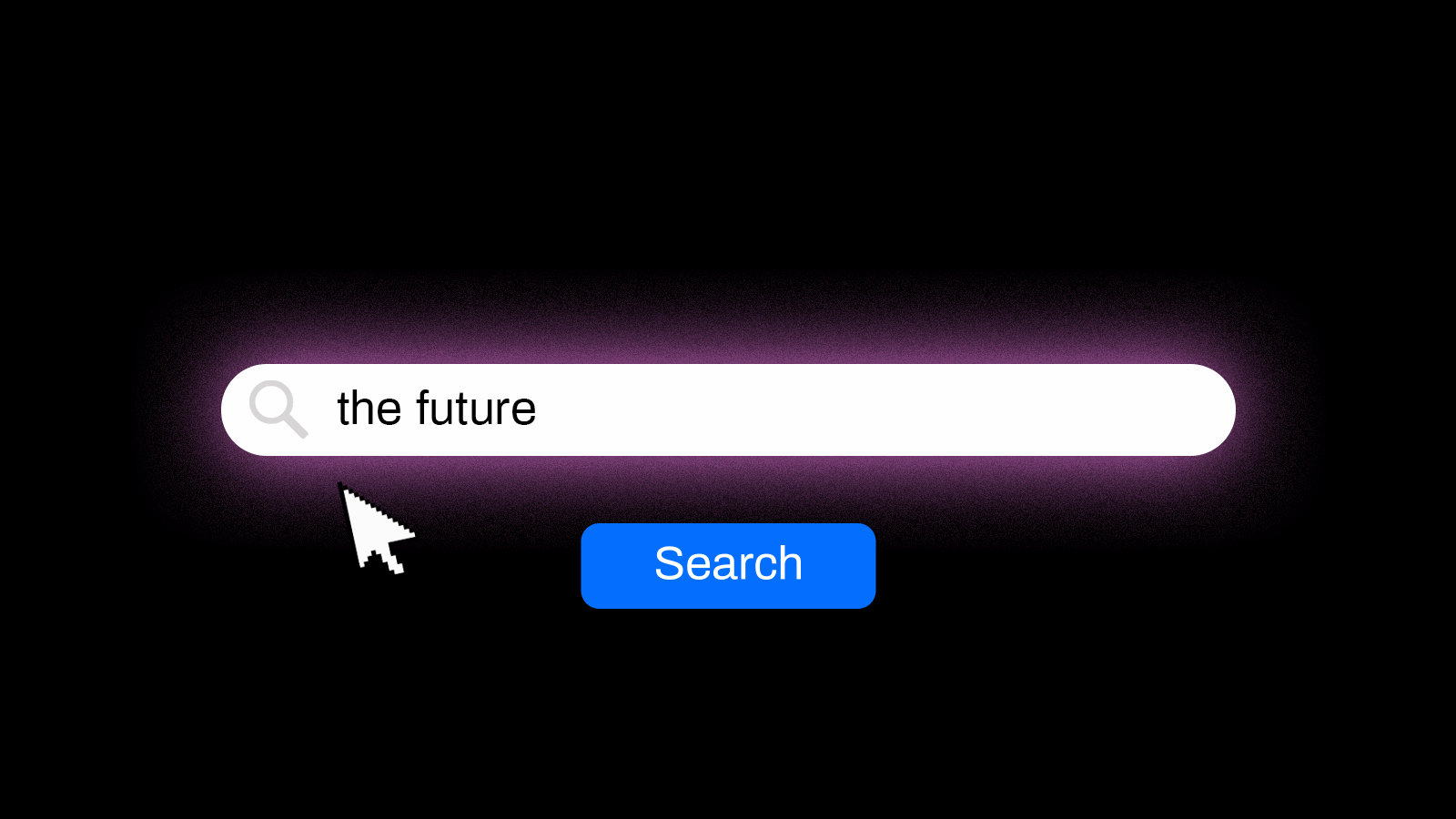Would the Real Tony La Russa Please Stand Up?

The real Tony La Russa had no legal case against the fake Tony La Russa, at least not on Twitter.
The manager of the St. Louis Cardinals filed his suit against the microblogging site in June over an account on the site that impersonated him.
Fake celebrity accounts are nothing new on Twitter, but La Russa claimed emotional distress over tweets by his impostor like “Lost 2 out of 3, but we made it out of Chicago without one drunk driving incident or dead pitcher.” That snide post is an allusion to La Russa’s drunk driving arrest in 2007, and that fact that two Cardinals pitchers have died unexpectedly since 2002.
The AP reported yesterday that La Russa dropped his suit against Twitter only a few weeks after filing it. Twitter made no monetary settlement to make the case go away, nor did it pay the manager’s legal fees. The company only closed the fake Tony La Russa’s account, standard procedure under its terms of service.
Certainly La Russa had a right to be angry, but his case against Twitter was a weak one, and that’s a good thing for First Amendment law. Twitter can’t monitor every single tweet or nefarious account on the enormous site. The best they can do, and all that they should do, is deactivate accounts like the La Russa impostor’s that commit this kind of fraud. Besides, Cubs fans certainly have written worse things about him on blogs, and that speech, though packed with vitriol, will go rightly uncensored.
While the fake Tony La Russa provided some amusement to a subset of people who loathe the man, Farhad Manjoo makes a good point on Slate today that fake celebrity accounts aren’t worth worrying about. Manjoo is mainly saying that new Internet extensions like .america or .nyc are pointless because people will find you through the main way they look for things online: search. The same thing applies to Twitter, he says.
NBA star Shaquille O’Neal tweets under “The Real Shaq” to differentiate himself from the fake Shaqs, but if you search for Shaq you’ll find the real one first, since he has so many followers. Plus he now carries the “verified account” sticker that Twitter slaps on real celebrities.
The Twitter marketplace does an adequate job of regulating itself. Trying to regulate more speech isn’t the answer. If there’s one mission the Internet has proven hopeless, it’s trying to stop people from saying bad things about you on the Internet.





